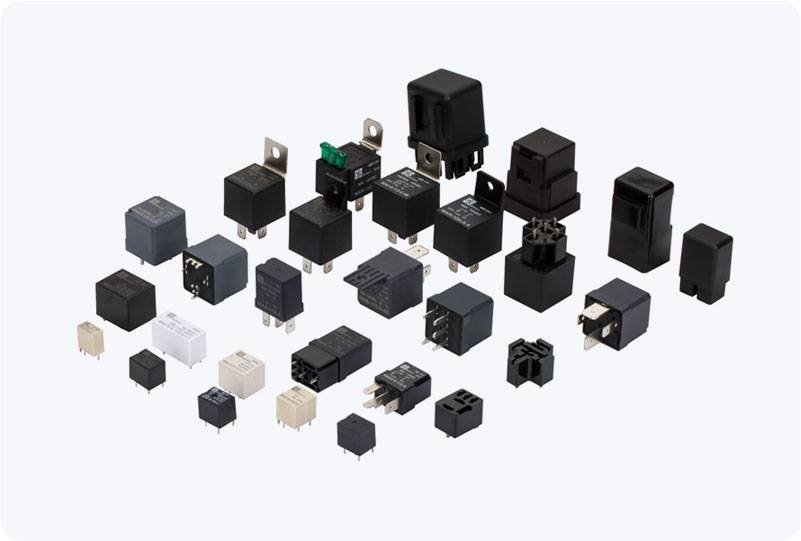iec 61508 compliant automotive relay: ensuring safety and reliability in automotive systems
Release time:2025-06-24 18:23:51
In today’s automotive industry, the importance of functional safety cannot be overstated. As vehicles become more advanced with features such as autonomous driving, electric powertrains, and sophisticated safety systems, the need for reliable and fail-safe components is crucial. One such component is the Automotive relay, which plays a pivotal role in controlling electrical circuits in various automotive applications. However, to meet the stringent safety requirements of modern vehicles, Automotive relays must be designed to comply with the IEC 61508 standard. This article explores the concept of an IEC 61508 compliant Automotive relay, its significance, and its role in enhancing vehicle safety and performance.

Understanding IEC 61508 and Its Importance in Automotive Systems
IEC 61508 is an international standard for functional safety in electrical, electronic, and programmable electronic systems. It outlines the requirements for ensuring that safety-related systems perform reliably and effectively to minimize risks associated with potential failures. The standard provides a framework for evaluating and improving the safety lifecycle of a product, from design and development to operation and decommissioning.
In the automotive sector, IEC 61508 plays a critical role in addressing the increasing complexity and safety demands of vehicle systems. Automotive relays are integral components of electrical and electronic circuits in vehicles. These relays control the flow of current to different systems such as lighting, motors, and critical safety systems. A failure in these relays could lead to hazardous consequences, making it imperative that they meet the rigorous safety standards set by IEC 61508.

